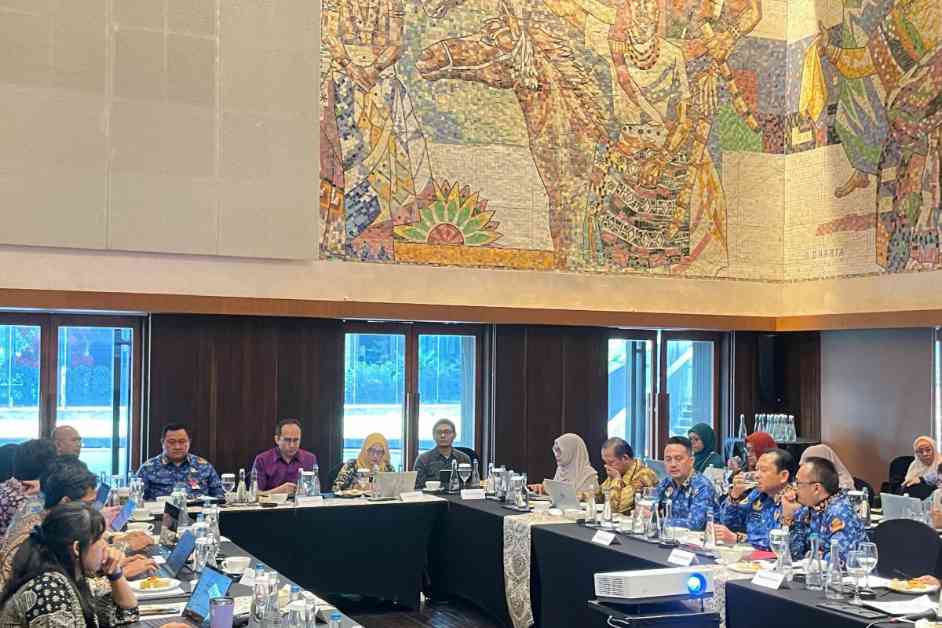Boost Revenue with Electronic Transactions in Regions
The Ministry of Home Affairs in Indonesia is pushing for the implementation of regional government transaction electronification (ETPD) and digitalization to enhance the management of regional revenue. This move is aimed at boosting regional revenues and streamlining the payment process for taxpayers and levy payers.
Hendriwan, the acting secretary of the ministry’s Directorate General of Regional Financial Development, emphasized the benefits of ETPD in a statement released in Jakarta. He highlighted that the use of ETPD allows people to make payments faster, easier, cheaper, safer, and more reliable. This step is part of the government’s strategy to achieve financial inclusion and improve access to various financial services.
Efforts to Improve Revenue Management
Hendriwan stated that the development of ETPD implementation at the regional government level has been successful, with account ownership, participation, and data input reaching 100 percent. While some regional governments have experienced a decline in electronification of revenue and expenditure, others have progressed from advanced to digital status. Overall, 90.7 percent of 546 regional governments are now categorized as digital, surpassing the government’s target of 85 percent.
The Ministry of Home Affairs is committed to maximizing the use of ETPD by integrating the regional government information system (SIPD) with the payment system at the Regional General Treasury Account (RKUD) banks. Additionally, efforts are underway to integrate the regional tax and levy management system with the payment system at RKUD banks to further streamline transactions.
Government’s Focus on Financial Inclusion
The government’s focus on financial inclusion through ETPD implementation is a crucial step towards modernizing revenue management in regions across Indonesia. By leveraging technology to facilitate payments and enhance financial services, the government aims to create a more efficient and transparent system for taxpayers and levy payers.
As we embrace the era of digital transactions, it is essential for regional governments to adapt to these changes to stay competitive and maximize revenue generation. The Ministry of Home Affairs’ commitment to optimizing ETPD implementation underscores the importance of embracing technology to drive economic growth and financial inclusivity.
In conclusion, the push for electronic transactions in regions is not just about modernizing payment systems; it’s about creating a more accessible and secure financial environment for all stakeholders. By harnessing the power of technology, regional governments can boost revenue, streamline processes, and improve overall financial management. Let’s embrace this digital transformation to pave the way for a more efficient and inclusive financial future for all Indonesians.






















